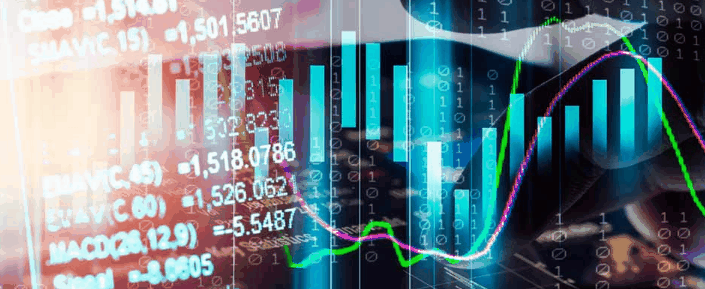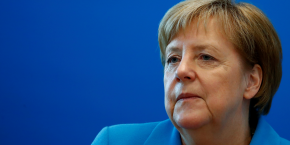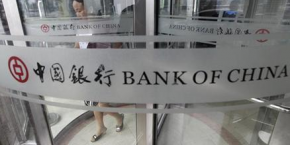
The European stock markets have been hopeful for a second consecutive day. The Ibex has risen 0.73% and has recovered 8,700 points; while Paris, Frankfurt and London have risen 1%. And all, animated by the new perspectives of economic stimulus. If a few days ago it was the European Central Bank (ECB) that recognized it had been preparing a "strong package of measures" for its September meeting, now Germany has acknowledged that it is considering abandoning its budget balance policy to combat the threat of a recession. In fact, the Bundesbank already warns that the problems are closer than you think.
- 11.473,900
- 0,33%
In addition Donald Trump has denied being worried about a possible destabilization of the US economy, ensuring that he sees very little risk of recession. And in turn, has given Huwaei a 90-day truce. What has led Wall Street to start the day with increases of 1%.
In the Spanish stock market, standing out on the one hand we have the rise of PharmaMar, after announcing that it will request in the US the registration of a new drug against lung cancer. Their titles have risen 28.8%. On the other hand, in the Ibex 35, mentions of the progress of MásMóvil, which has been the best value of the selective with an increase of more than 6.4%, compared to the falls registered by BBVA (-2.1%), Bankinter ( -1.65%) and Caixabank (-1.29%).
This weekend, the German Finance Minister Olaf Scholz said that the largest economy in the Eurozone has enough fiscal force to mitigate any future economic crisis, so that if it arrives, Germany will plant "all its strength". In fact, he suggested that Berlin could approve around 50bn euros of additional spending, which would mean abandoning the budget equilibrium policy, known as 'zero black', but gave no clue indicating that it would be done imminently. However, it could be earlier than expected, since the Bundesbank has confirmed that the 'European motor' is one step away from recession.
As CMC Markets experts say, "this in itself is significant, given the tendency of Germany to err towards fiscal prudence", but although it is true that the economic data of last week was "disappointing", it is also true that they are still "far from bad enough to lead the German government to deviate from its zero deficit policy."
But the stimuli does not end here, since the Central Bank of China has revealed that it will reform interest rates with the intention of reducing the cost of business loans and revitalizing the economy, which is suffering a lot, from the trade war between itself and the US. The Asian stock exchanges have closed in green after this news, led by mainland China. While Wall Street has chosen this Monday to add another 1%.
The US president Donald Trump has also spoken about the trade war, which has insisted that he is still "not ready" to sign an agreement with Beijing. In fact, the Republican tries to calm investors' fears about a recession, rejecting that the conflict with China is hurting the US, and has remarked that his administration is doing "tremendously well." He also stressed that before reaching a deal, he would like China to first resolve Hong Kong's protests in a "humanitarian" manner. "I think it would be very good for the trade agreement," he said.
And, at the same time, Trump continues to pressure the Federal Reserve (Fed) to lower rates. This week the central banks will again be protagonists, since in the next few days the minutes of the last meeting of the Fed and the ECB will be known. And, in addition, the Jackson Hole symposium is held, in which the intervention of Jerome Powell will be followed with magnifying glass by investors in search of any clue of what path the agency will follow in the coming months.
On the other hand, the yields of US Treasury bonds, which have caused worldwide uncertainty due to the possible recession that predicted the reversal of the rate curve that occurred last week, now show signs of recovery.
On the macroeconomic level this Monday, the final data on the inflation of the Eurozone in July has been known, which has weakened to 1%, its lowest level since 2016, and the current account of the euro region (the surplus has fallen 40% in the sixth month of the year).




